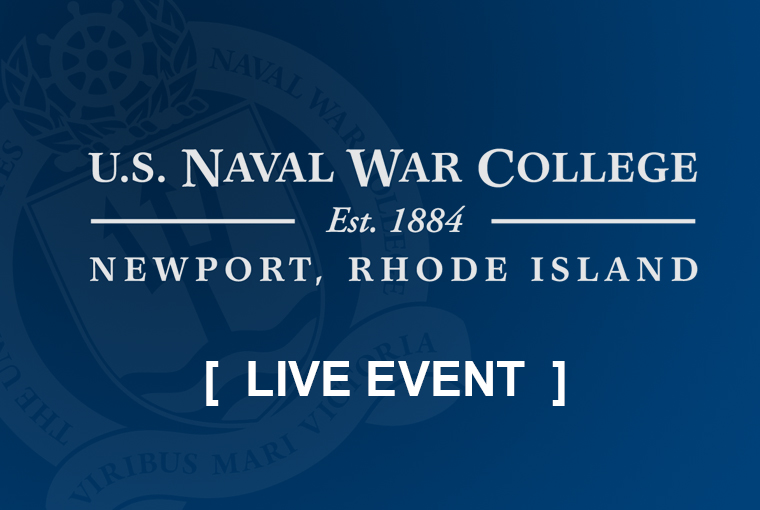Lectures of Opportunity: "Winston Churchill and the Origins of the First World War"

About this Event
Event Information
U.S. Naval War College, LOO Coordinator
This event is not open to the general public
This event is for U.S. Naval War College students, faculty and staff.Winston Churchill and the Origins of the First World War
This year marks the 150th anniversary of the iconic British leader Winston Churchill’s birth on November 30, 1874. When Churchill was born, Great Britain stood out as the world’s leading great power in manufacturing output, technological innovation, international finance, global trade, information traffic, and naval strength. Britain was a superpower, governing an empire that stretched around the globe, encompassing a quarter of the world’s land mass and peoples. Britons of the era boasted that the sun never set on their empire.
Britain’s leading role in world affairs, however, was far from secure. By 1900, when Churchill won election to Parliament for the first time, growing international competition from rising great powers threatened to overturn the British-led world order. In Imperial Germany, Britain faced a rising great-power challenger whose rulers possessed superpower ambitions of their own and aspired to acquire a place in the sun for their country. We know the history: in 1914—110 years ago—Britain and Germany would clash in the Great War. While Britain emerged the victor from the struggle, victory came at a hideous cost in loss of life and treasure.
When the war began, Churchill was serving as First Lord of the Admiralty, the civilian head and government minister responsible for Britain’s naval forces and defense. In the years leading up to the fighting, he carried out reforms to increase the strength and preparedness of the navy to meet the challenge from Germany. Throughout the war, he was active in the making of Britain’s strategy and policy. After the war, he wrote about the Armageddon through which the world had passed.
Why did Churchill think war occurred in 1914? Did he view the war as inevitable? What were the political and strategic decisions made by British and German leaders that brought on the conflict? What can we, more than a century later, take away from examining Churchill’s interpretation of why the Great War occurred? How can the study of the First World War help to inform us about our own era of great-power competition? To mark the anniversaries of Churchill’s birth and the outbreak of the First World War, Professor John H. Maurer will present a lecture of opportunity that examines these questions about the war’s origins and outbreak.
About this Lecture
Lectures of Opportunity offers U.S. Naval War College (NWC) students, faculty, and staff an opportunity to learn more about national and international socio-political subjects that may be of relevance to the NWC community.
More on Lectures of OpportunityMost Recent
8:00 a.m.
U.S. Naval War College, 686 Cushing Rd, Newport, RI 02841
U.S. Naval War College, 686 Cushing Road, Newport, RI 02841
U.S. Naval War College, 686 Cushing Road, Newport, RI 02841
8:00 a.m.
U.S. Naval War College, 686 Cushing Road, Newport, RI 02841
U.S. Naval War College, 686 Cushing Rd, Newport, RI 02841
